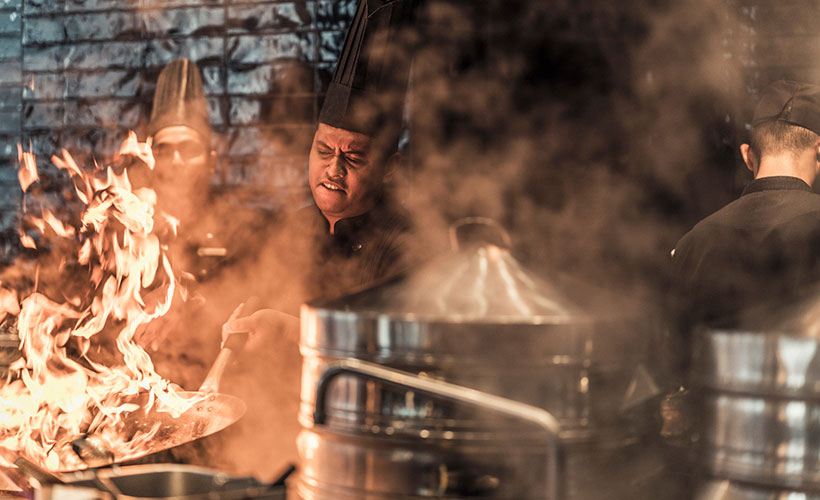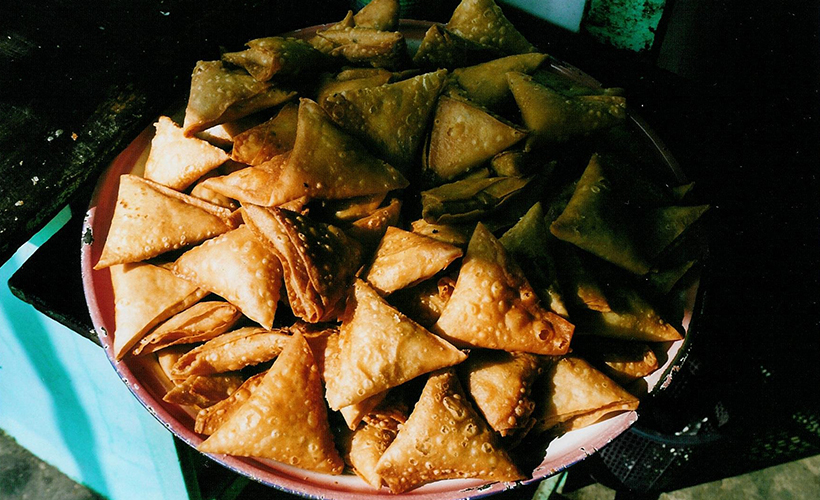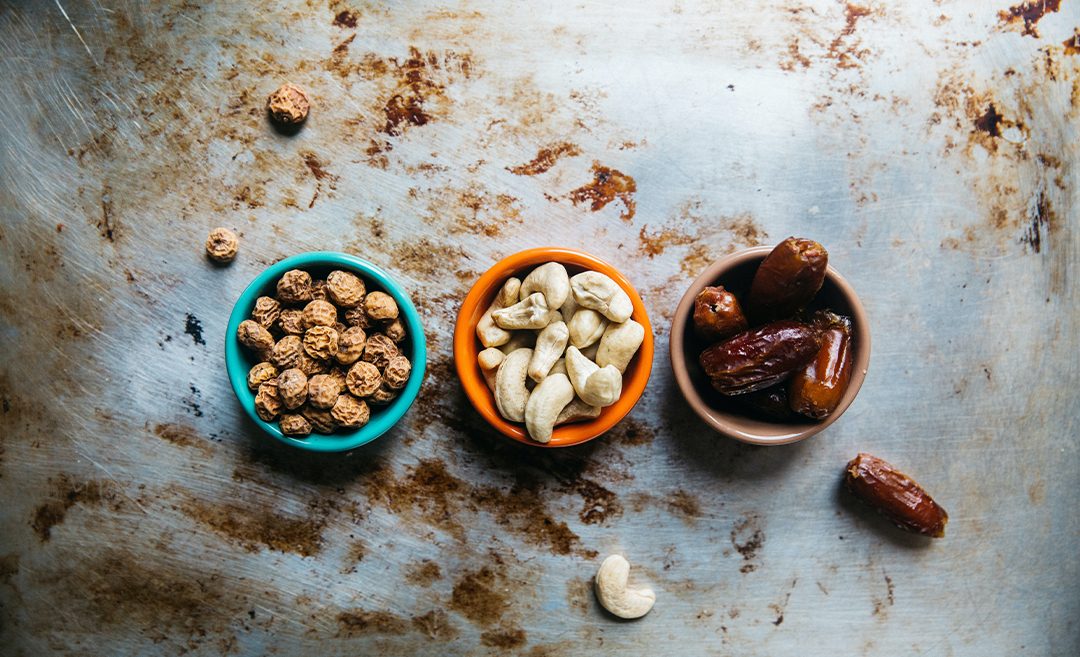
As a Malaysian, I think it’s important to be knowledgeable and participatory of all the cultures right here in our backyard. If anything, it’s one of the greatest privileges of living in our rojak (mixed) society. With that in mind, I decided to try fasting for a day this recent Ramadan to see what it was like for my Muslim comrades. Fair to say, I was bubbling with sheer curiosity along with an open heart.
Before diving into the lessons learned, here’s the gist of the experience: I may or may not have overslept, ended up skipping sahur (pre-dawn meal), and worked continuously at the office until 2:30 pm. Basically, I’d experienced more than a day of unintended fasting when you factor in the previous night’s early dinner at 8pm. To make up for it and actually participate in a Ramadan fast properly, I did another round two days later (with sahur this time, of course).
Although Hari Raya has come and gone, the lessons learned during the fasting period on both days were undoubtedly a huge eye-opener in their own way and should be remembered throughout the year. Although I’d only tried my hand at fasting for only two days, that was enough to teach me some important lessons. Here’s my takeaway on fasting as a non-Muslim:
Having a support system is crucial
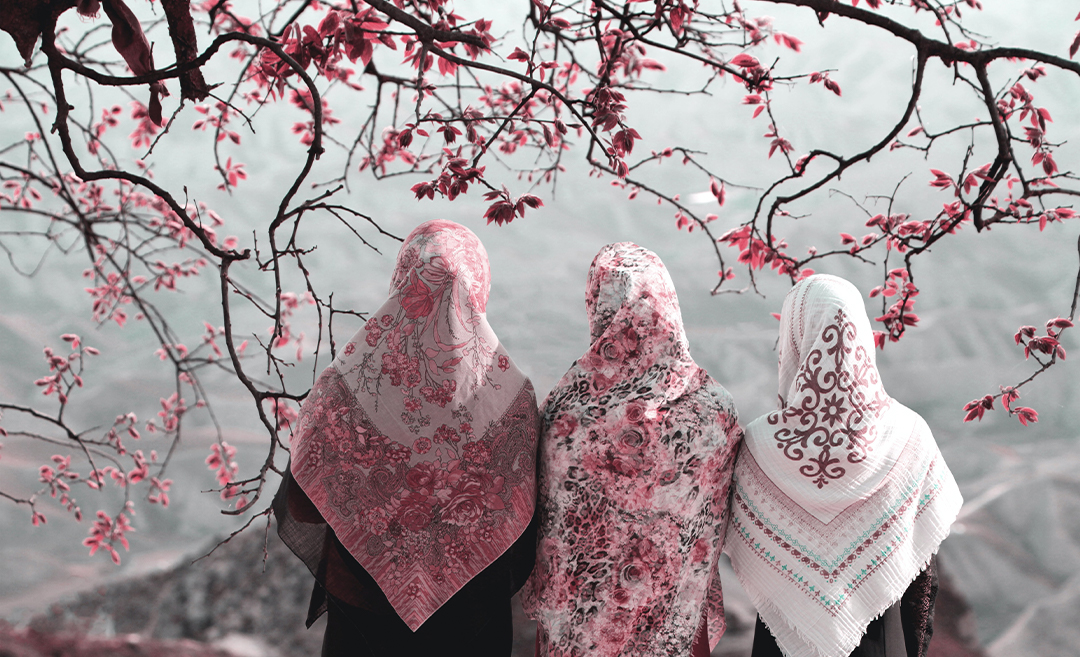
Fasting solo can be lonely, even for those of us who relish in tonnes of alone time. Knowing that someone else is going through the very same thing and proceeding to physically or remotely share that experience with you can help lighten the mood. Even if your friends and family are not fasting with you, receiving their emotional and moral support plays a great role in relieving stress and curbing temptations, as it did for me.
Fast the mind and heart, not just the stomach

As it’s common to presume that fasting is all about temporarily abstaining from food and water; we don’t realise or give much thought to the mental and emotional side of it, which can be more than a little challenging. Deprived of nutritional consumption, it can become tough to control emotions of frustration and/or exhaustion when dealing with tasks or going through social interactions. As someone who gets ‘hangry’ on occasion, I’ve had to learn how to make a consistently conscientious effort to be patient, gracious, selfless, and courteous to others even in the midst of dealing with my own struggles. To avoid exploding like a volcano, closing my eyes and taking a breather went a long way towards achieving a relaxed state of mind and gaining a positive outlook.
Accept that your fast won’t always be public knowledge

Sometimes, not everyone around you will know whether you’re fasting or not (and that’s okay). If they’re uninformed, that’s just an added test to determine your strength, patience, and resolve. In my case, it was extra important to remember to stay calm and professional in dealing with new faces, because not everyone was aware of my situation nor did I find it necessary to broadcast it, as I’m sure my Muslim female friends can understand. In those moments, I tried to keep busy and focus on the assignments given.
Side note: Muslim women should not feel obligated to informing or apologising for being unable to or choosing not to fast.
Strive to possess a greater sense of gratitude and empathy
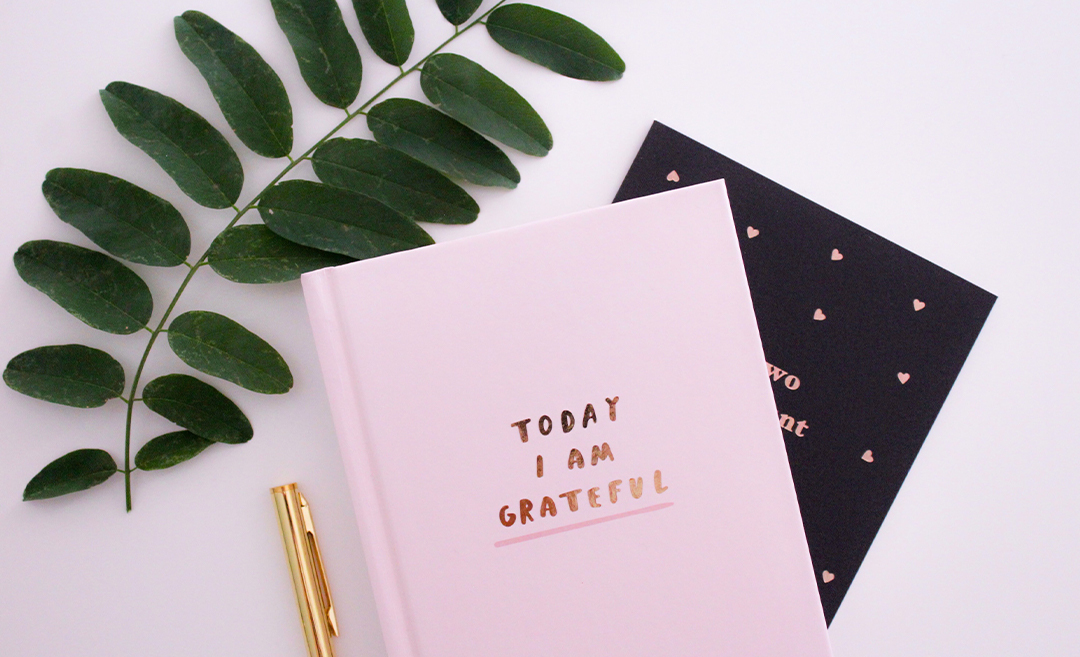
“You don’t know what you’ve got ’til it’s gone” isn’t just a lyric from Joni Mitchell’s Big Yellow Taxi, but it’s a life lesson-fuelled epiphany. During the fasting period, I began to truly understand the other intention of fasting – to experience a glimpse of walking in the same shoes as the less fortunate. Fasting made me grateful for the privilege of eating full meals inside the comfort of my own home – privileges we often take for granted – when reminded that many others don’t possess these luxuries on a daily basis. Similarly, thoughts of humility and empathy also ran through my mind, if not more so than usual.
Appreciate the unwavering active participation of the Muslim community
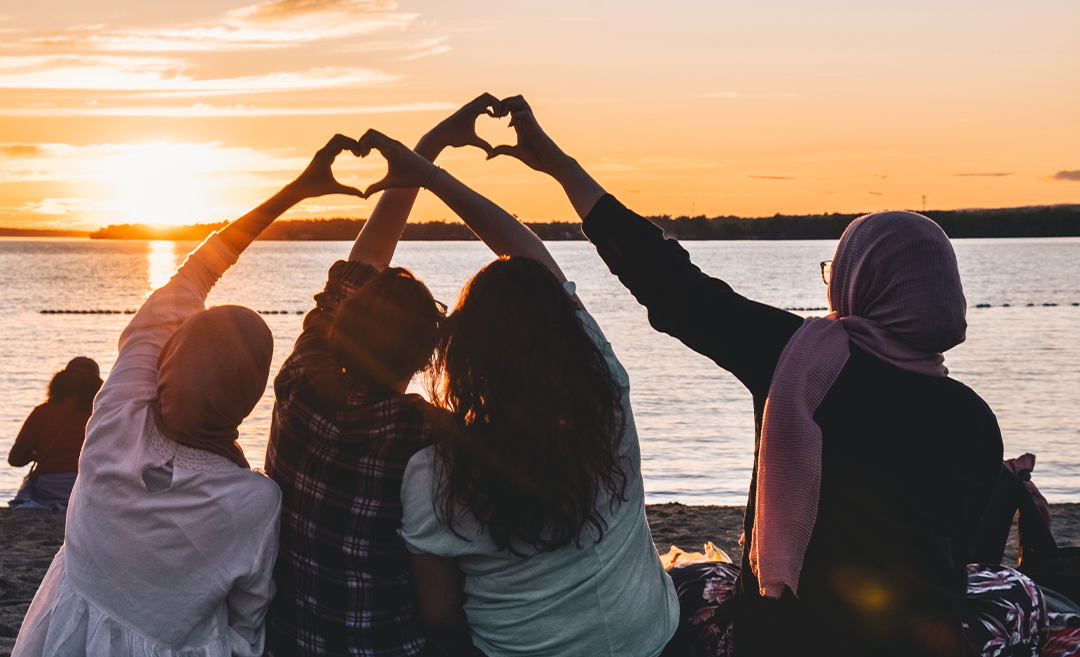
After enduring the struggles that come with the early days of fasting, I’ve gained a newfound respect for my fellow Muslims. Not that I was unaware of it before, but insights cement themselves better with the first-hand experience. In terms of fulfilling obligations towards work and personal relationships, we should definitely appreciate the full commitment, attentiveness, and involvement of our Muslim friends, family, and co-workers. In spite of their daily battle with weariness and hunger (as well as thirst), they continue to keep their productivity and spirits up to participate in solo tasks, group activities, and social interactions without complaint. Now that’s pretty darn admirable, no?

